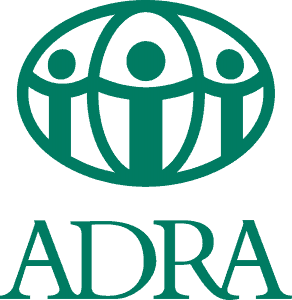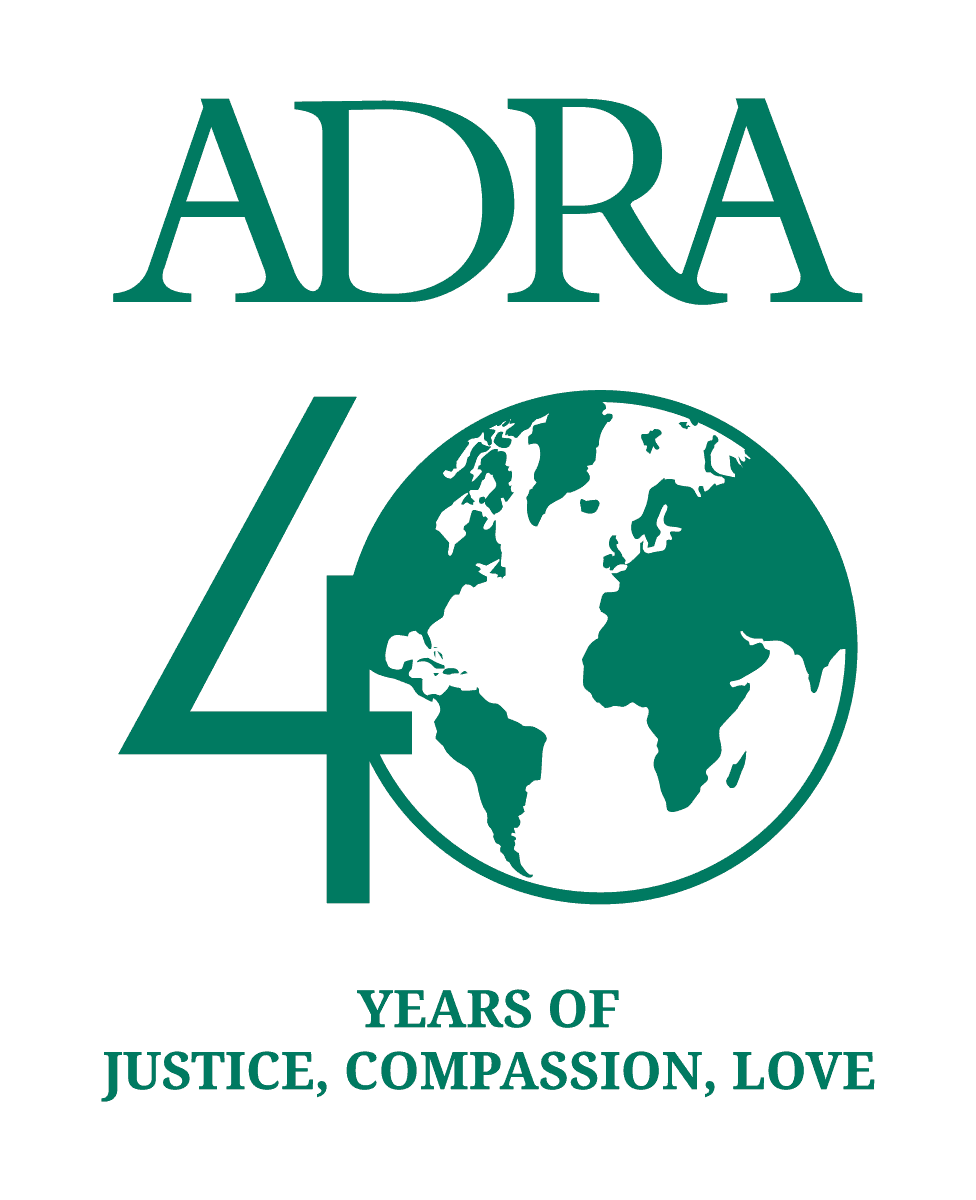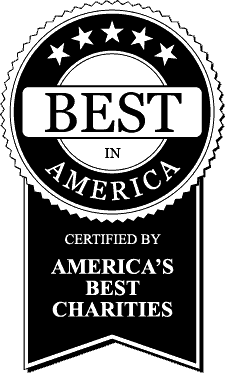EKO Station is an unofficial camp in Greece. That means that the camp just sprung up, and there is no government services or support for refugees. Up to 1,300 refugees having been living there for the past few months, since Macedonia closed its border with Greece. For many, it was a welcome alternative to Idomeni, another informal camp in Greece.
The owners of the gas station have allowed the refugees to make a camp there, and, unlike other camps which are very isolated, refugees in this camp have easy access to the gas station store and facilities. But of course, it is a business, not a charity, and everything costs money.

Amin, who left Syria four months ago, explains that it costs 4 Euros for a 15-minute shower. He hasn’t showered for one month. He shows us his clothes, telling us that they are the same clothes he was wearing when he left Syria.
It costs 1 Euro to charge a phone. Refugees also have to pay for all food and beverages from the petrol station.

Farah is working with her neighbors to bake bread. All the money she had when she fled Aleppo, Syria, is gone. Now she and her neighbors work all day baking bread to earn money to pay for food and basic essentials for their families. They sell five pieces of flat bread for one Euro.
Farah says that before the conflict began, her life was good. She was very happy. But then everything changed. She says she couldn’t send her son to the supermarket because of snipers.
“The snipers don’t care who they hit,” she says, “and when they shoot children, the children die.”
She says there are also bombs dropping on their city. When she arrived in Greece, her family back in Syria called her and told her that her mother and her brother had died.
Farah is traveling with her 16-year-old daughter and 12-year-old son. Her husband and 6-year-old son arrived in Germany 10 months ago. She says she told her husband to take her youngest son to Germany after he was almost killed in a sniper attack, and she was very afraid for him. When she talks to them on the phone her son is always crying and asking when she is coming to join them. She is desperate to reunite her family, but is having problems with the immigration process, and there is no one to help her or explain the application procedures.
They don’t want anything, she says, just a house and school for their children. The important thing for her is to get her children into school so they can get an education.

Farah struggles with the uncertainty over how long she will be in the camp in Greece. She says it makes it difficult to make decisions. If she earns a little money, should she buy food for her children, or should she save her money to buy a better cooking plate so she can continue to provide for her children in the camp long term? The plate they are currently using, part of an old satellite dish, is “very bad”. Everything is dirty, she tells us. They are always eating dirty food.
Even baking the bread is a reminder of how much harder her life is here. In Syria she would never have to do such a thing; she says her house in Syria had everything, including a nice kitchen. Here she also has to walk an hour and a half to the supermarket to buy the flour for the bread.
As Farah kneads the bread, her neighbor, Naji, cooks it on the plate.
“In Syria I had a house, a car, everything,” he tells us. “Now we have nothing. I wake up at 7am and go to bed at 11pm, working all day baking bread so that my family can get a few things from the station.”

His wife is pregnant, and his 13-year-old son has a hole in his heart. He needs surgery, but they can’t afford it in Greece. What’s important to him is that his son can get the surgery, and his children can return to school.
Mansur, who left Syria a year ago, is traveling with his nine children. “I want my children to live somewhere peaceful,” he says. “We left Syria looking for a safe place, but we have not found it.”
Names have been changed to protect identities.
Your support is reaching refugees and others in need around the world. Thank you for your prayers and contributions.




